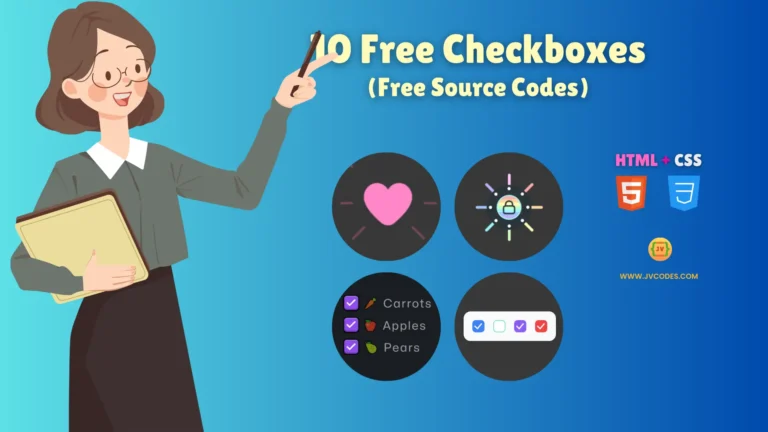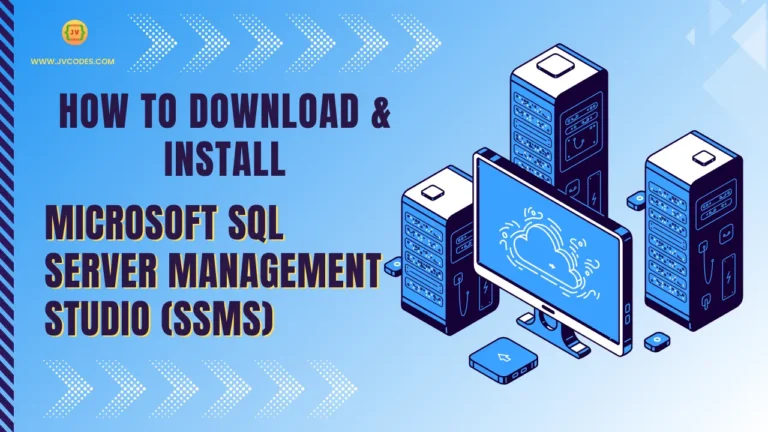H-1B Visa Fee Scare: Existing Holders Safe, White House Clarifies
H-1B Visa Fee Scare: Existing Holders Safe, White House Clarifies
Last week’s announcement about a possible $100,000 fee on H-1B visa holders sparked anxiety across tech hubs and universities. Rumors swirled that even current visa holders would be hit by the hike, but the White House moved quickly to set the record straight. Existing H-1B holders are not on the hook for this new fee — a relief for thousands of foreign professionals and their employers.
What Happened?
A day after former President Trump hinted at steep new charges for H-1B visas, many companies and visa holders were bracing for the worst. Social media posts and headlines suggested a blanket fee increase would take effect immediately, affecting both new applications and renewals.
In reality, the discussion centered on a proposal weighing a supplemental fee that could apply to future petitions. The White House issued a statement clarifying that no changes will retroactively apply to visas already approved.
White House Clarifies the Details
According to the White House release, here’s what you need to know:
- Only new H-1B petitions filed after the effective date would be subject to any new fee.
- Existing H-1B visa holders and petitions already pending at U.S. Citizenship and Immigration Services (USCIS) are exempt.
- The proposal still needs approval through the formal rule-making process, including a public comment period.
This direct language from the administration eased fears that skilled workers, academics, or engineers currently in the U.S. would suddenly face a massive tax on their status.
The Background on H-1B Visa Fees
Filing an H-1B petition already involves multiple fees. These typically include:
- Base filing fee (Form I-129)
- Fraud prevention and detection fee
- American Competitiveness and Workforce Improvement Act fee
- Premium processing fee (optional)
Adding a supplemental $100,000 fee — even if limited to employers with large workforces — would mark a historic jump in H-1B costs. USCIS outlines current fee schedules on its website for reference here.
Why the Proposal Stirred Anxiety
- Budget strain: A sudden six-figure fee could cripple startups and small businesses that rely on specialized talent.
- Recruitment freeze: Companies might pause or limit future hires, slowing projects and research initiatives.
- Uncertainty: Without clear timelines, HR teams struggled to plan budgets and forecast talent needs.
How This Affects Current and Future H-1B Holders
With the White House clarification in hand, here is what different groups can expect:
Existing Visa Holders
- No additional fees for renewals or status extensions under the current petition.
- Work authorization and dependents’ status remain unaffected.
- Travel and visa stamping policies continue as before.
Prospective H-1B Applicants
- Keep an eye on the Federal Register for any proposed rule changes and public comment deadlines.
- Work with your employer to budget for potential fee increases in the next fiscal year.
- Consult immigration counsel to update strategies for cap season filings.
Practical Tips to Stay Informed
Given how quickly immigration policies can shift, these best practices will help you stay ahead:
- Subscribe to official alerts: Sign up for USCIS email updates and check the USCIS website regularly.
- Consult your lawyer: Maintain contact with an immigration attorney to interpret new rules and deadlines.
- Plan ahead: Build potential fee hikes into your budget and timeline for future hires or extensions.
- Engage professional networks: Join LinkedIn groups or professional associations that track H-1B trends.
What’s Next?
The administration’s clarification buys time for stakeholders to weigh in during the notice-and-comment period. Industry groups, universities, and business coalitions are expected to submit feedback that could shape the final rule.
Major trade organizations, like the U.S. Chamber of Commerce and tech advocacy groups, will likely lobby for exemptions or scaled fees to protect smaller entities. Keep an eye on statements from these voices as they can sway the outcome.
Key Deadlines
- Official proposal publication — watch the Federal Register.
- Public comment deadline — usually 60 days after publication.
- Final rule announcement — could come several months after the comment period closes.
Conclusion
For now, if you hold an H-1B visa or have a petition in process, you can breathe easier. The White House has made it clear that this proposed fee won’t retroactively impact existing H-1B holders. Moving forward, stay informed about any developments, participate in the public comment process if you can, and plan your immigration strategy with these potential changes in mind.
Takeaway: The H-1B visa fee scare is over for current holders, but the proposal underscores how quickly immigration policy can change. Remaining proactive and well-informed is your best defense.







